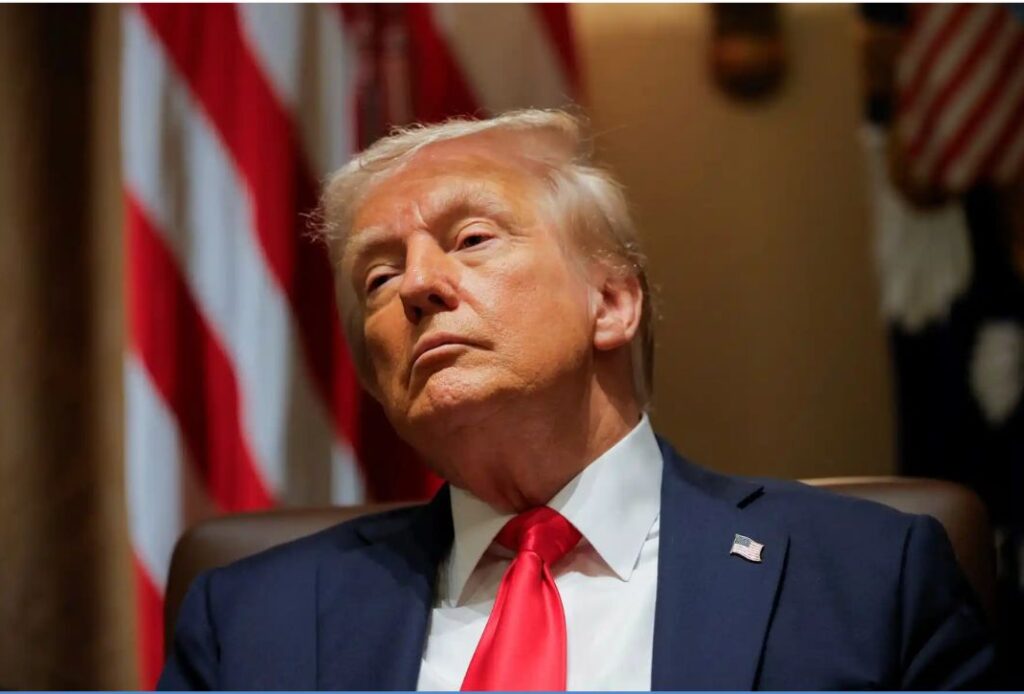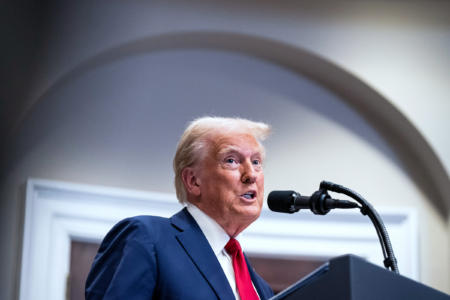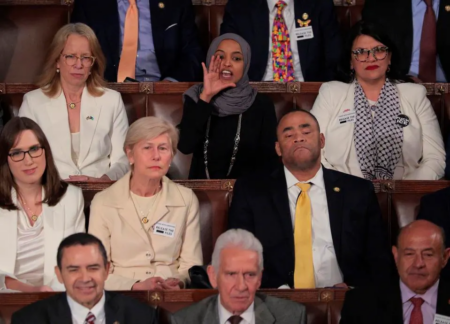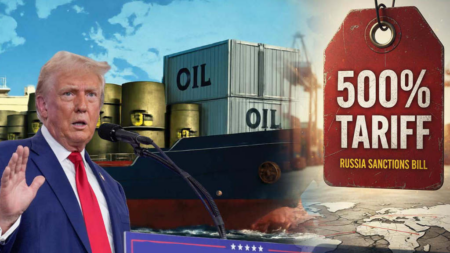As the Israel-Iran conflict stretches into its seventh day, the international community is watching closely—especially after remarks by US President Donald Trump, who hinted at potential American involvement in the escalating military campaign.
Speaking to reporters outside the White House, Trump remained ambiguous, stating:
“I may do it. I may not. Nobody knows what I’m going to do.”
This uncertainty has added fuel to an already volatile situation, with Israeli airstrikes intensifying and civilians in both Tehran and Tel Aviv grappling with fear, destruction, and rising death tolls.
US President Donald Trump Mixed Signals and Diplomatic Maneuvers
Later, US President Donald Trump revealed that Iranian officials had expressed interest in holding talks in Washington, but he downplayed the possibility, calling it “a little late.”
While speculation grows about a direct U.S. military role, European nations—including Germany, France, and the UK—are pushing for diplomatic engagement, with nuclear-focused talks scheduled in Geneva aiming to prevent further escalation.
According to reports from the Wall Street Journal, Trump has approved military strike plans but is holding off on execution to see whether Iran will scale back its nuclear ambitions.
Mass Exodus from Tehran Amid Escalating Strikes
As air raids continue, thousands of residents in Tehran have fled toward safer regions.
Highways out of the city were jammed as people sought shelter from Israeli airstrikes targeting nuclear and military infrastructure.
Iran’s Fordow nuclear enrichment center, located beneath a mountain near Qom, is one of the main sites believed to be at risk of being targeted.
Iran’s Supreme Leader Ayatollah Ali Khamenei, appeared via televised speech, warning:
“Any U.S. military intervention will undoubtedly result in irreparable damage.
The Iranian nation will not surrender.”
Israel’s Precision Campaign and Growing Casualties
According to Israeli sources, the Israeli Air Force has carried out multiple strike waves over the past 24 hours targeting Tehran and western Iran, hitting missile manufacturing facilities and strategic command centers.
The Iranian Interior Ministry has reported over 220 deaths, the majority of them civilians.
Meanwhile, Iran has fired around 400 missiles, with 40 penetrating Israeli air defenses, killing at least 24 civilians inside Israel.
Israeli Prime Minister Benjamin Netanyahu released a video declaring:
“We are striking nuclear sites, missiles, regime symbols — progressing step by step to eliminate the threats.”
He also thanked US President Donald Trump for being “a great friend of Israel”, confirming they remain in direct contact.
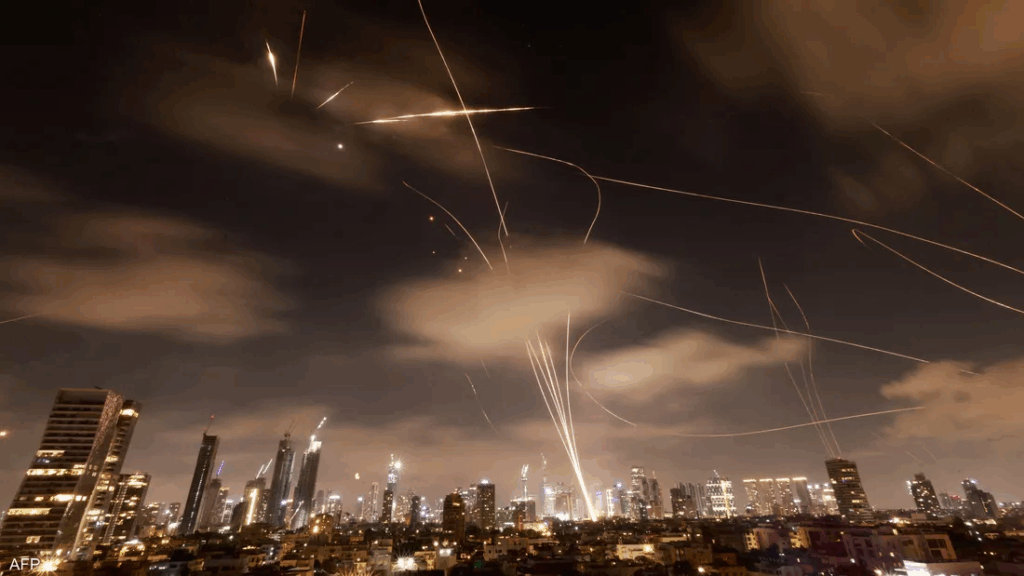
Fears of Wider Regional War and Global Energy Disruption
Iran has hinted at leveraging its geographic control over the Strait of Hormuz, the world’s most critical oil shipping route, in response to continued Israeli and potential U.S. strikes.
While Iran’s capacity to retaliate through regional proxies like Hezbollah and Hamas has been weakened, threats of asymmetric retaliation remain serious.
Inside Iran, government officials are trying to minimize panic.
Internet access has been temporarily restricted, and strict bans have been placed on the public filming and sharing of destruction.
Official media is curating fewer images of damage compared to the early days of the conflict.
Civilians Speak Out Amid the Chaos
From Tehran to Tel Aviv, civilians on both sides are caught in the crossfire.
A 31-year-old Iranian woman named Arezou told Reuters:
“My friend’s house in Tehran was hit. Her brother was injured. We are civilians—why should we pay the price for the regime’s nuclear ambitions?”
Meanwhile, in Israel, sirens continued to blare across cities. In places like Ramat Gan, families were sheltering in train stations and emergency bunkers.
One mother, Tamar Weiss, expressed her fear while holding her baby:
“I feel scared and overwhelmed.
My neighborhood is densely populated, and our buildings are old with no shelters.”
Putin’s Warning and Global Reactions
When asked about the possibility of an Israeli-U.S. coordinated assassination of Khamenei, Russian President Vladimir Putin responded:
“I do not even want to discuss this possibility.”
In response to US President Donald Trump online threats—one of which speculated on killing Khamenei—Iran’s UN delegation mocked him as a “has-been warmonger clinging to relevance.”
What’s After US President Donald Trump decision?
As the region teeters on the edge of full-scale war, the coming days will be critical.
US President Donald Trump decision could push the conflict into a broader Middle East confrontation, while diplomatic efforts hang by a thread.
Some sources said that US President Donald Trump already took the decision to attack Iran and its a matter of time as Russia, China and UK may turn to active players in this war.
Let’s wait and see ~!




